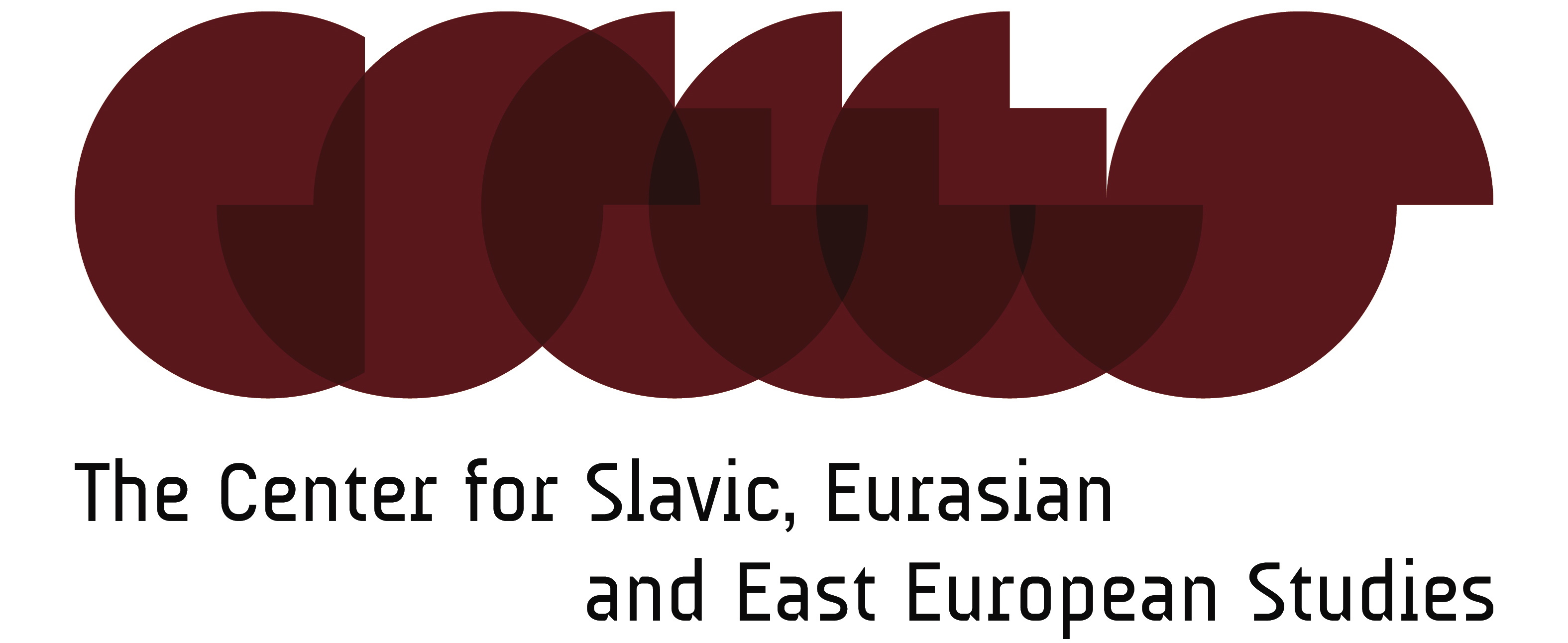 Dr. Dimitar Bechev’s research examines the foreign policies of Russia and Turkey vis-à-vis their neighbors in Eurasia, the Balkans and the Middle East. He is the author of Rival Power: Russia’s Influence in Southeast Europe (Yale UP, 2017) and a frequent contributor to Foreign Policy, Al Jazeera, POLITICO, and many other media outlets. He is a co-convener of the UNC Forum on Southeast Europe, an academic platform for interdisciplinary research and discussion of the politics, economies, and societies of Southeast Europe.
Dr. Dimitar Bechev’s research examines the foreign policies of Russia and Turkey vis-à-vis their neighbors in Eurasia, the Balkans and the Middle East. He is the author of Rival Power: Russia’s Influence in Southeast Europe (Yale UP, 2017) and a frequent contributor to Foreign Policy, Al Jazeera, POLITICO, and many other media outlets. He is a co-convener of the UNC Forum on Southeast Europe, an academic platform for interdisciplinary research and discussion of the politics, economies, and societies of Southeast Europe.
Please tell us how you spent your time at UNC as a CSEEES research fellow and how the experience has helped you advance professionally?
I have had an exceptionally productive time at UNC. During my stay, I was able to complete a monograph on Russia’s involvement in the Balkans, a new edition of the historical dictionary of North Macedonia, a volume I co-edited looking at Russian policy in the Middle East and North Africa, as well as make substantial progress on my current project on Turkey under Erdogan. I also taught an upper-level seminar on Russia in global affairs for the Curriculum in Peace, War and Defense (PWAD). Interacting with students and faculty helped me enrich my perspective, while the class on Russian foreign policy encouraged me to expand my knowledge on a number of subjects I had not focused in depth before, from cyber warfare to Moscow’s engagement with China and the Asia Pacific region.
As an international research fellow, how would you compare your experiences of higher education in the U.S., and UNC specifically, to those in your home country. What do you see as pros and cons of both systems?
Through my academic career, I have had the opportunity to work in various countries, including the UK, Japan and Bulgaria. Compared to Bulgaria, the gap in resources, funding and other opportunities cannot be wider. On the other hand, one is much closer to the field there, as far as East European, Balkan and Turkish studies are concerned. That’s clearly an advantage. What UNC has to offer is first-rate resources, from libraries to IT to administrative support, and a friendly environment. Proximity to other major academic institutions and networks in the Triangle are a bonus as well.
The Covid-19 pandemic will have long-term impacts on international collaboration and exchanges, both in terms of resources and mobility. But I am curious what issues or concern do you see emerging in Russia and East Europe broadly as a result of the pandemic?
In Russia, COVID-19 is posing a challenge to the governance system built by the Kremlin over two decades. How well authorities deal with the pandemic and its economic aftershocks, not to mention the concurrent slump in oil prices, will have ramifications for regime stability over the longer term. Eastern Europe, both countries outside the EU and those which are already members, are being affected too. My concern is that the emergency measures we are seeing implemented, and over the longer term, the worsening performance of local economies caused by the global downturn, may well reinforce the already ongoing backslide to authoritarianism across many countries in that part of the world.
And how do you see future academic research addressing those issues? As this pandemic is affecting the whole world, do you expect a to see a lot of international academic collaboration around those issues?
The coming crisis, or cluster of crises, will be playing out differently across countries and regions around the world. That will be a boon for comparative research in disciplines such as politics and international relations. It will also be interesting to look at spillover effects across regions and sectors. A decade ago, for instance, a financial meltdown in the US and the core of Europe led to a contraction of economies on the European periphery which, in turn, contributed to the erosion of the rule of law and democratic gains made since the 1990s. I would think we will be witnessing similar knock-on effects and linkages in the years to come, though crises need not follow a similar economic and political trajectory.

